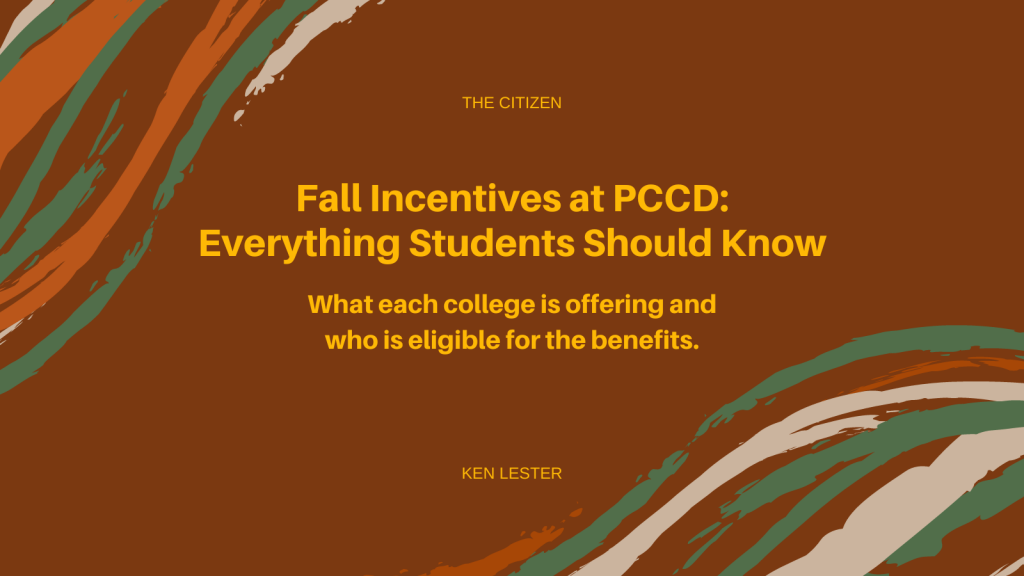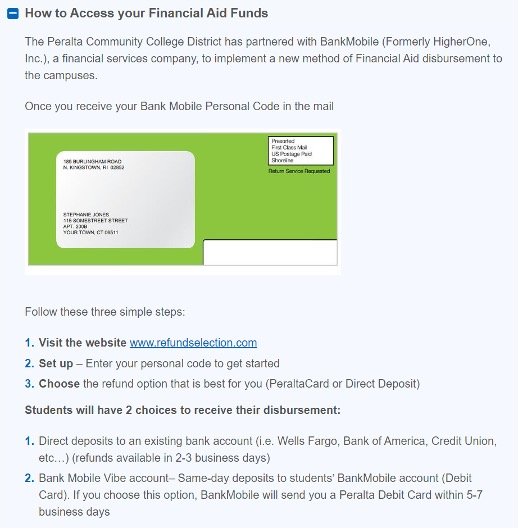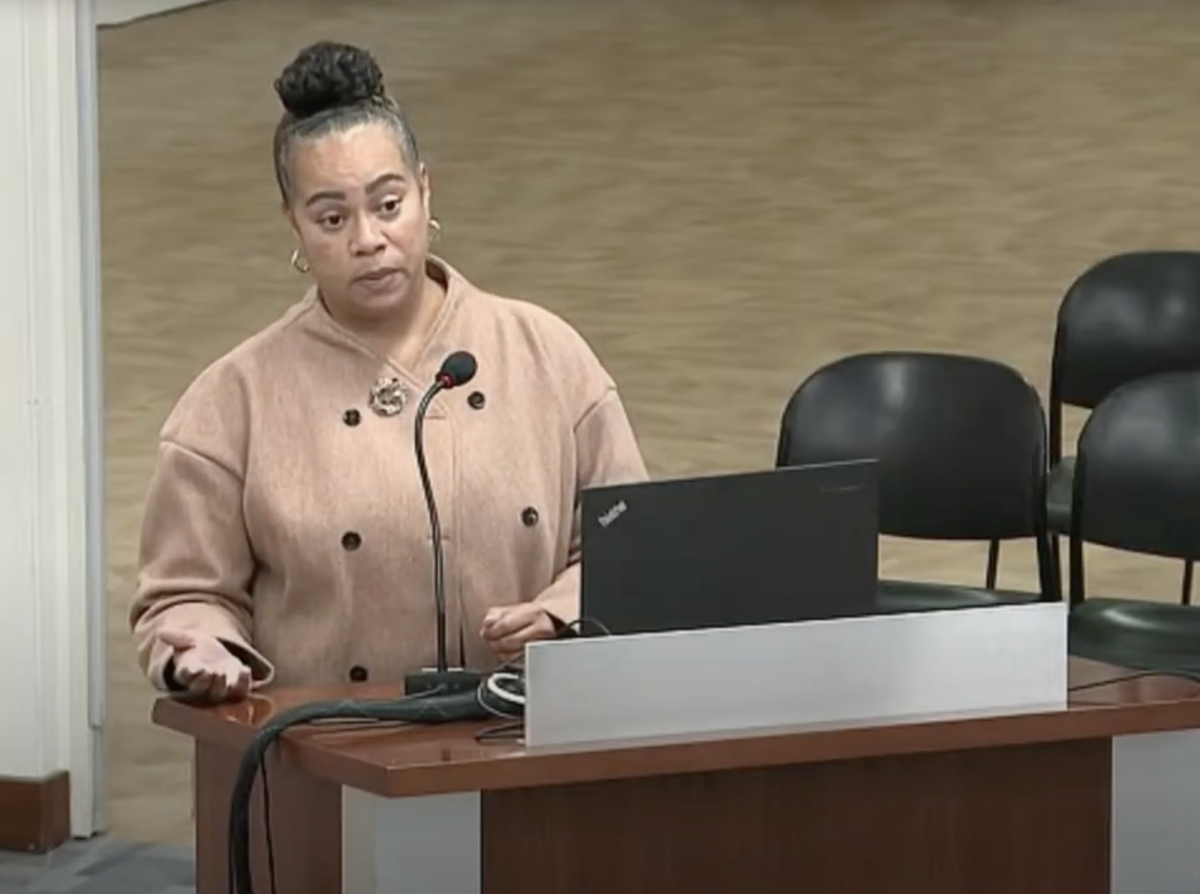
August 23, 2022 Correction: An earlier version of this story provided an inaccurate number for the total amount of HEERF funds that PCCD has received. While the article originally said that it was $7,704,446, the correct amount is $67,053,446.
Following Laney College’s announcement of their ‘Fall is Free’ campaign in July, the remaining Peralta Community College District (PCCD) campuses: Berkeley City College, College of Alameda, and Merritt College – have now unveiled their own promotional financial aid packages for the Fall 2022 semester.
To qualify for these programs, students must submit either a Free Application for Student Aid (FAFSA) application, a California Dream Act application, or a California Promise Grant application. Financial aid does not have to be awarded from any of these applications to qualify.
Students only qualify for one of the following programs – depending on the student’s major, and the “home campus” selected via their FAFSA or California Dream Act application.
Home campuses are determined via the ranking system on the applications. For example, if a student applies for aid at both Berkeley City College (BCC) and Laney, the student’s home campus would be the Peralta college ranked higher on the list of selected schools.
In the case that a student’s major is not offered by that school, the highest ranked school that does offer the major is marked as the home campus.
Each college is offering different benefits to students and has different limitations and requirements for eligibility.
Laney College
Laney’s ‘Fall is Free’ campaign was the first program announced by any of the colleges.
The college is offering to provide free tuition, enrollment fees, and textbook costs to students as part of the program.
Unlike the other colleges, Laney’s program does not require students to enroll in a minimum number of units to qualify.
In addition to the ‘Fall is Free’ program, and regardless of students’ eligibility for it, the campus will also continue to offer all students free AC Transit passes to those enrolled in at least six units, free parking, free hot lunches (including a vegetarian option) during cafeteria hours, free weekly grocery packages, and free chromebook rentals, as they have in past semesters.
“Laney College is thrilled to offer a Free Fall to most of our students. Now more than ever, we must recognize that college costs that go beyond tuition represent barriers to success for so many students, whether they are working adults attending part-time or high school graduates. This Fall is about not only opportunity, but putting students in the best position possible to reach their goals with our support,” Laney College President Rudy Besikof said.
While international students do not qualify for Laney’s program, out-of-state students are being offered a piece of the promotion.
Out-of-state students who receive a full Federal Pell Grant will have their tuition paid via the program, while those who are not eligible for the Pell will be required to pay full tuition. All program eligible out-of-state students will have their campus and enrollment fees waived.
Berkeley City College
Berkeley City College’s (BCC) ‘Fall is Free at BCC’ program shares many of the same features as Laney’s, with a few key eligibility differences.
To qualify for BCC’s program, students must enroll in a minimum of three units at the college. Out-of-state and international students do not qualify for any portion of the program.
“We recognize students in our community are making important decisions to provide for
themselves and their families amid a pandemic, rising housing costs, and inflation. Berkeley City
College is pleased to offer access to higher education to all by removing financial barriers for
BCC students,” Berkeley City College President Angélica Garcia said in an August 9 press release.
Unlike at Laney College, parking will not be free at BCC. However, students will be provided with an AC Transit pass after enrolling in just three units, as opposed to the six required at Laney.
College of Alameda
College of Alameda (CoA) is taking a different approach with their ‘$500 On Us’ program. Instead of paying students’ tuition and fees, they are sending $500 grants to each student who qualifies.
Like BCC, CoA will require students to enroll in a minimum of three units to become eligible for the program. But in contrast, out-of-state students can qualify for the grant and will receive the full amount if all eligibility requirements are met.
International students are not eligible for the grant.
“We see the ‘$500 On Us’ campaign as an opportunity to show students we care, and help them kickstart their future at COA,” Vice President of Student Services at CoA Tina Vasconcellos explained in an August 3 press release.
CoA will utilize the same system the district used previously in the year, a partnership with financial service company BankMobile, to distribute the funds to students.
When eligibility for the grant has been confirmed by CoA, students will receive an access code at their cc.peralta.edu email address. Students will then be able to choose between setting up direct deposit, allowing the funds to be delivered into an existing bank account, or to request a “PeraltaCard” – a new physical debit card issued through BankMobile that will be sent with the funds pre-loaded onto it.

Students will receive the grant sometime between the middle of September and the end of October.
Merritt College
Merritt College’s ‘Free 4 Fall’ program is similar to CoA’s in that it will grant cash aid to students directly via BankMobile instead of offsetting school associated costs internally. Their program, however, is larger in scope and comes with unique eligibility requirements.
In addition to a $500 direct grant, students will also receive what the college calls a “$500 housing voucher.” This voucher, despite the name, does not require students to go through a process to redeem it, nor does it prevent students from spending the money on things other than housing.
“We are not prescribing how students should use the money (housing verification is not part of the process),” Merritt College President David Johnson said, explaining that “it is more so about Merritt College explicitly acknowledging the areas in which students may be experiencing challenges.”
The campus will also be providing free parking in the student lots and free breakfast from the cafeteria.
To take advantage of the program, students must enroll in no less than 12 units at the college.
While this unit requirement is substantially larger than any other campus, Merritt college is the only college that is opening their program to both out-of-state and international students.
Though international students do not generally qualify for federal aid via the FAFSA, the only requirement to qualify for Merritt’s program is to submit the application, regardless of whether or not any additional aid is awarded.
Grants will be sent out to qualifying students after September 5.
Funding
Each of the colleges’ programs are being funded by remaining Higher Education Emergency Relief Fund (HEERF) dollars that were provided to the schools in three stages as a federal aid response to the Covid-19 pandemic.
According to the U.S. Department of Education website, PCCD has received a total of $67,053,446 in total HEERF funds.
These funds are required to be spent within a given amount of time – called a performance period. If any HEERF funds remain unspent after the performance period ends, the U.S. Department of Education can reclaim them.
The current deadline to spend remaining HEERF funds is June 30, 2023.
Although this allows the possibility for additional promotional aid programs for the Spring 2023 semester, district officials have declined to state whether any such programs will exist.


























